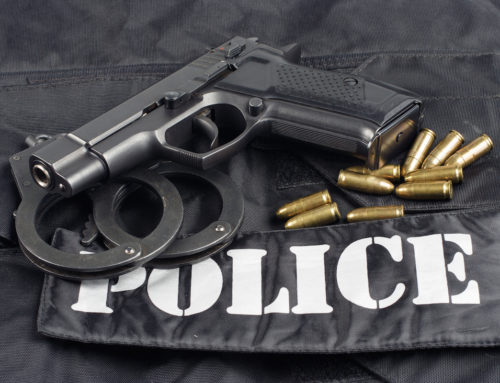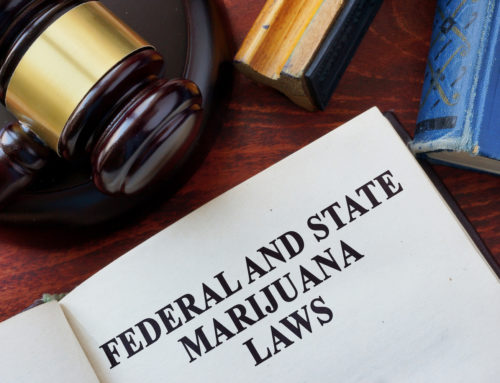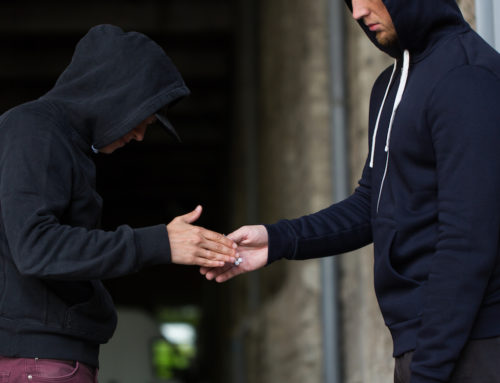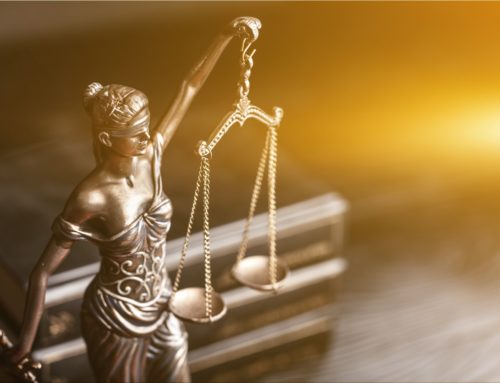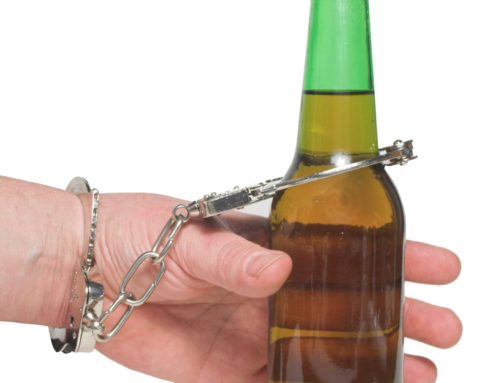 Throughout my 20 year career representing persons in criminal cases in California including Los Angeles, Palmdale, West Covina, Pomona, Ontario and many other cities, I have found that prosecutors often times improperly and unnecessarily charge defendants with gang enhancements in a felony prosecution. Such gang enhancements or related charges in felony cases should be vigorously defended by a qualified criminal defense lawyer as the consequences of a guilty finding can lead to significant increases in punishment.
Throughout my 20 year career representing persons in criminal cases in California including Los Angeles, Palmdale, West Covina, Pomona, Ontario and many other cities, I have found that prosecutors often times improperly and unnecessarily charge defendants with gang enhancements in a felony prosecution. Such gang enhancements or related charges in felony cases should be vigorously defended by a qualified criminal defense lawyer as the consequences of a guilty finding can lead to significant increases in punishment.
1. Evidence Necessary to Prove a Gang Enhancement in California
If a defendant is convicted of a felony in California, a jury may also find the defendant has committed the crime in furtherance of a gang. Specifically, under California Penal Code section 186.22, a gang enhancement can be established where:
- facts are proved beyond a reasonable doubt that the accused committed a crime at the direction of, in association with or for the benefit of a gang; and
- The evidence shows that the defendant had the intent to promote, assist, or further the criminal conduct of the gang members.
In order to be considered a “gang” under the California Penal Code for purposes of a gang charge, the district attorney must prove that the defendant is part of an ongoing association, group or organization of three or more people whether informal or formal that:
- Has a common identifying sign, symbol or name;
- Conducts primary activities that include the commission of certain crimes set forth in California Penal Code section 186.22(e)(1)-(25); and
- Whose gang members, whether acting together or alone, have engaged or engage in a pattern of criminal activity.
Many times persons identified as gang members who are charged with a felony in California are also charged with a gang enhancement. However, a qualified gang criminal defense lawyer can often show that despite the fact that a crime may have been committed the prosecution still may fail to meet their burden that a gang’s primary activity was the crime alleged in a specific case individual case. The crime alleged must be one of the group’s principal or chief activities as opposed to an occasional act committed by one or more persons who happen to be members of a gang.
2. Penalties in California For Conviction Of a Gang Enhancement
Under California Penal Code section 186.22(b), if a defendant is convicted of a felony crime with a gang enhancement they can face up to an additional 2, 3 or 4 years in a California State Prison. In addition, if a defendant is convicted of a serious felony under California Penal Code section 1192.7(c) they can face up to an additional 5 years in state prison for a gang enhancement and an additional 10 years in state prison if convicted of a violent felony as set forth in California Penal Code section 667.5(c).
Further, a defendant may face a prison term of 7 years to life if convicted of a gang enhancement where the underlying conviction is for extortion or making threats to a victim or witness under California Penal Code section 136.1 Moreover, a defendant can face up to 15 years to life in prison if a gang enhancement is proved where the defendant is convicted of the underlying felony of: carjacking, home invasion robbery, drive by shooting causing death or injury or convicted of shooting at an occupied dwelling or car.
Clearly, the finding of a gang enhancement in a criminal felony case is California means potentially a significant stiffer sentence and a person charged with a gang enhancement in a criminal case should always consult with an experience criminal lawyer to determine all potential defenses to a gang criminal prosecution.

